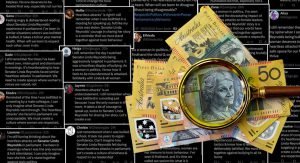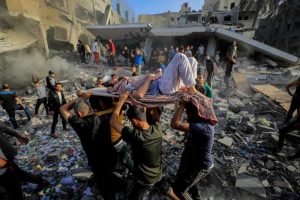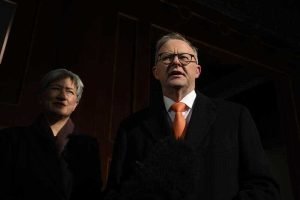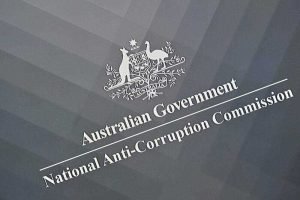The Shot
The next national emergency must not mean a repeat of racist and divisive policies for Western Sydney communities
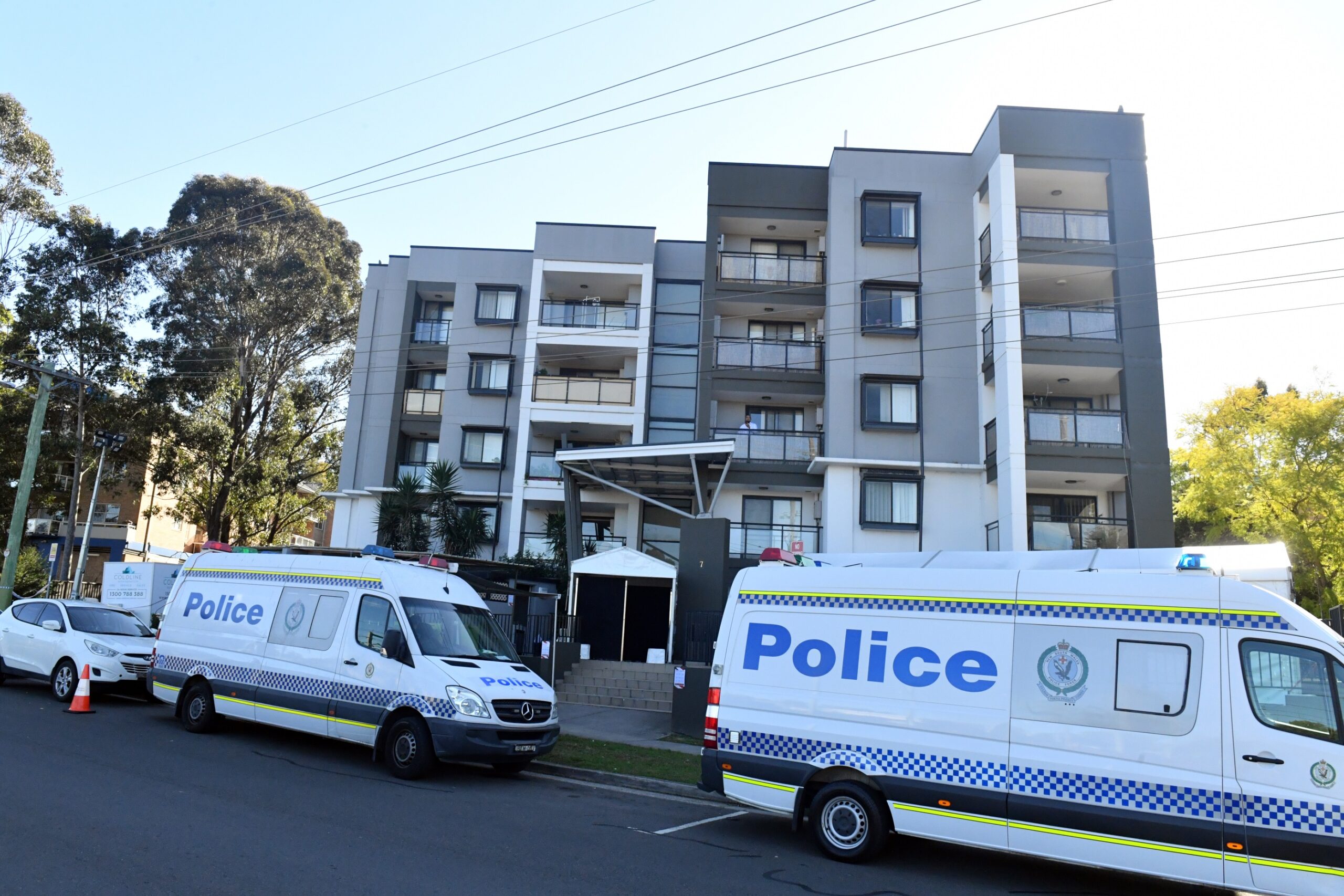
As we watch and wait to see how the new Omicron variant will affect NSW or the next climate change induced disaster hits, I am worried my community in Western Sydney will again be abandoned by its Government.
Western Sydney is made up of migrant, multicultural and working class people. We are essential workers such as nurses, construction workers, hospitality workers, couriers and gig economy workers.
People in Western Sydney have kept the lights on, put themselves on the line and risked COVID-19 infection to provide essential services for the rest of Sydney.
Yet in spite of the Chief Health Officers recommendations for consistent restrictions across all of Sydney, this Government created a two-tiered pandemic emergency response where our communities were targeted with harsh restrictions, blame, racial vilification and policing, while the rest of Sydney was treated as if they deserved freedom from health measures.
All this despite the high cost of COVID-19’s spread through the whole state because restrictions were not applied evenly and according to the health advice.
Minister Stuart Ayres’ denial of harmful, racist two tiered policies and attack on our communities as having a “victim mentality’’, and the Liberal Party’s devil may care attitude towards integrity and accountability, are strong indications the Government will continue to wilfully abandon and discriminate against us in times of our greatest need.
A limo driver who was transporting international air crew with an exemption from quarantine was responsible for starting the Delta outbreak that ground the nation to a halt. And yet still, the blame and burden of the COVID-19 wave in NSW is placed explicitly on the cultural ways of communities of colour.
Two tier discrimination is denied by our leaders, who turn on us when challenged, victim blaming and marginalising us for political point scoring.
The new Police Commissioner for NSW has recently said that one of her priorities is to mend relationships with communities. I am genuinely interested to see if this is more than just performative talk, because living through racially discriminatory policies of targeted restrictions and heavy policing is extremely difficult for the people of Western Sydney.
In my own household, we have a mix of essential workers going out onto worksites outside of Western Sydney and people working from home. My dad and my sister’s partner travel for work, including to the Eastern suburbs where there were little to no restrictions in the last wave. They were terrified they were going to bring COVID-19 back to our house and community. My parents and elderly people in the community were scared to lose their lives. Family members of people in the community died from COVID-19.
I remember driving to visit my boyfriend who lived in Eastern Sydney (which was allowed), and seeing people not social distancing or wearing masks. I would come home to Western Sydney to see people being vigilant, abiding by the rules and incredibly worried about catching and transmitting COVID-19 to our loved ones.
The racist and classist images of carelessness projected by the NSW Government is entirely a lie that affects our mental health. It is also very confronting to see the Defence Force personnel in our streets. Police were parked in cars near our green spaces and parks, just watching us.
Tennis nets were taken down, basketball courts were closed in Western Sydney while hundreds and thousands of people flocked to Bondi and surrounding beaches, having beach parties relatively unpoliced. Western Sydney is a concrete jungle that communities are trapped in by racist policies and narratives.
We bear the greatest costs of two tiered Government policies: loss of life and compounded effects of stress, collective public shaming, fear, marginalisation and isolation. The rates of infection and death are among the highest in our communities.
I am hopeful because our community stepped up with mutual aid initiatives and care for each other. We keep providing essential services to Sydney despite the postcode racism and classism, yet as soon as disaster hits, we become the frontline for the worst impacts and are last in line for support, appropriate emergency responses or empathy.
***
Tanita Razagi is a 26 year old resident of South Western Sydney. She is of a Kurdish cultural background, and is completing a double degree at Western Sydney University in Communications and International Relations.
More like this
Dave Milner



